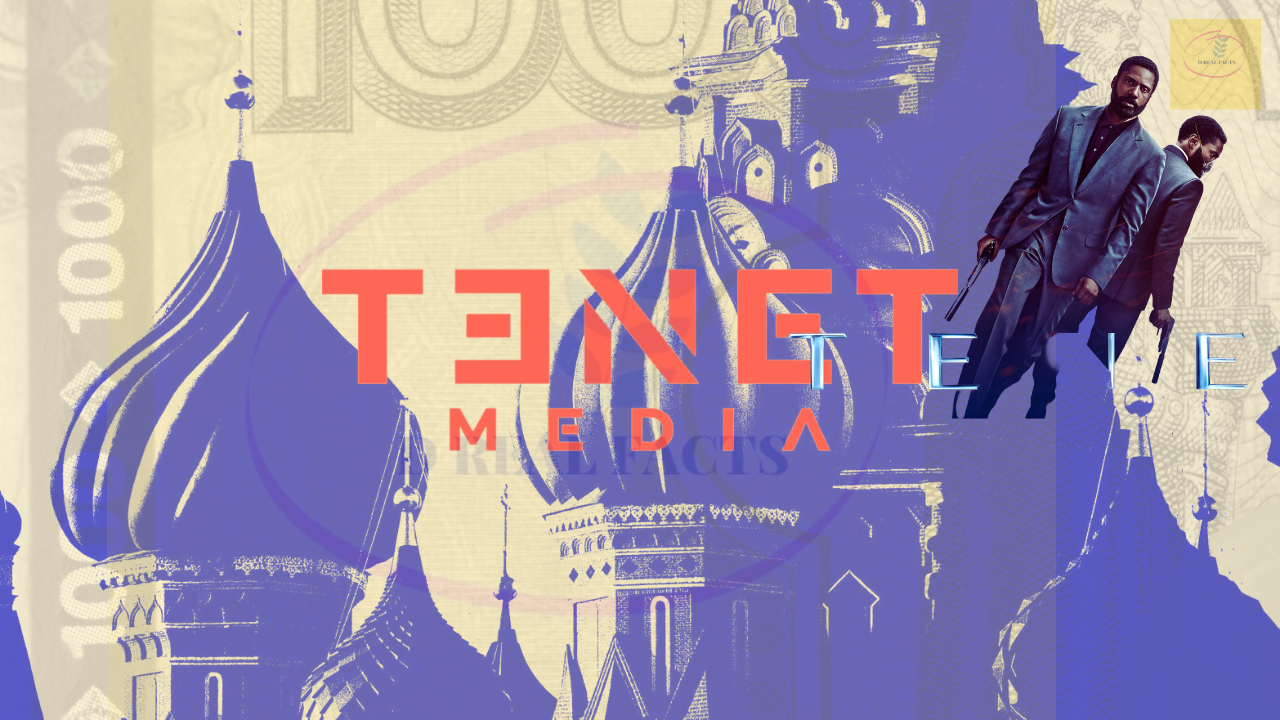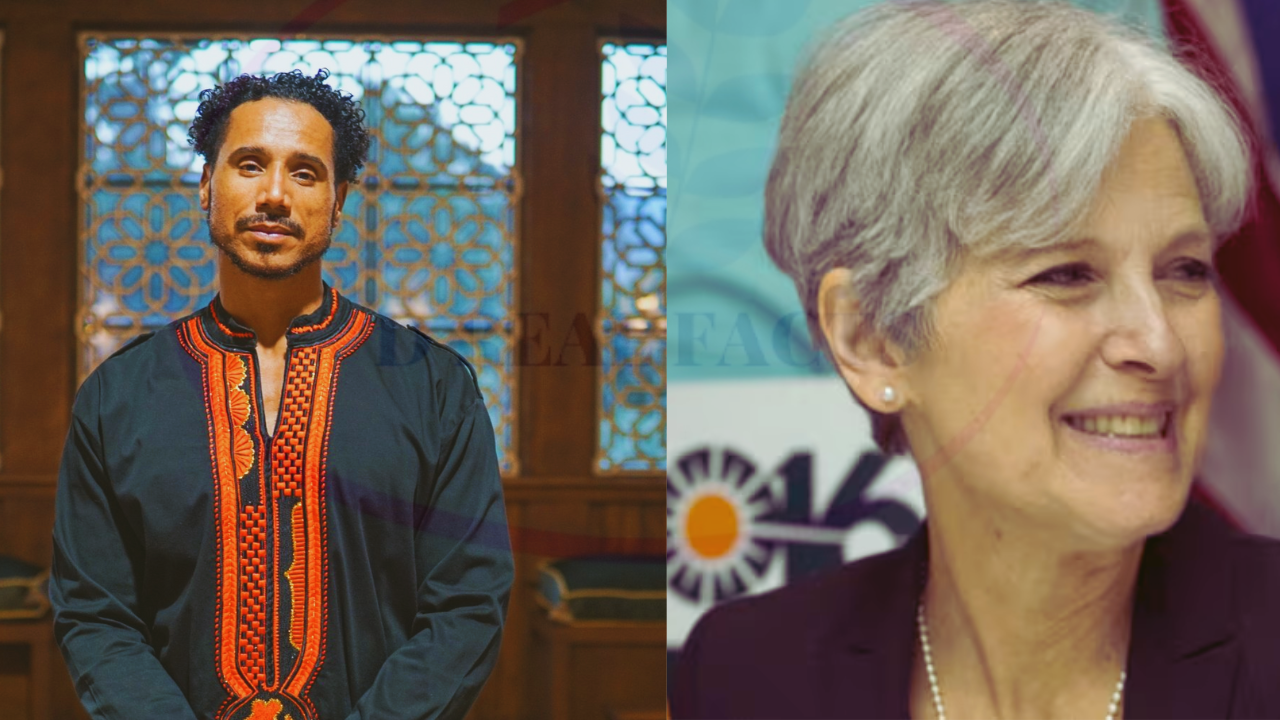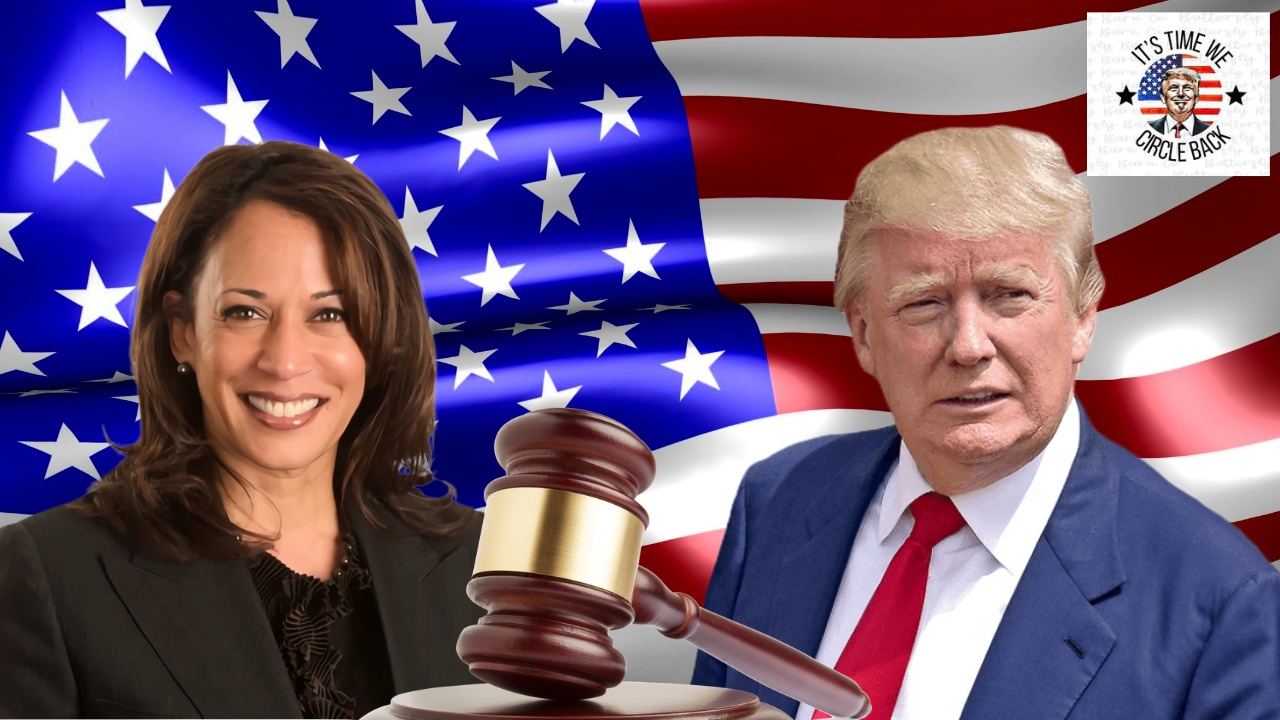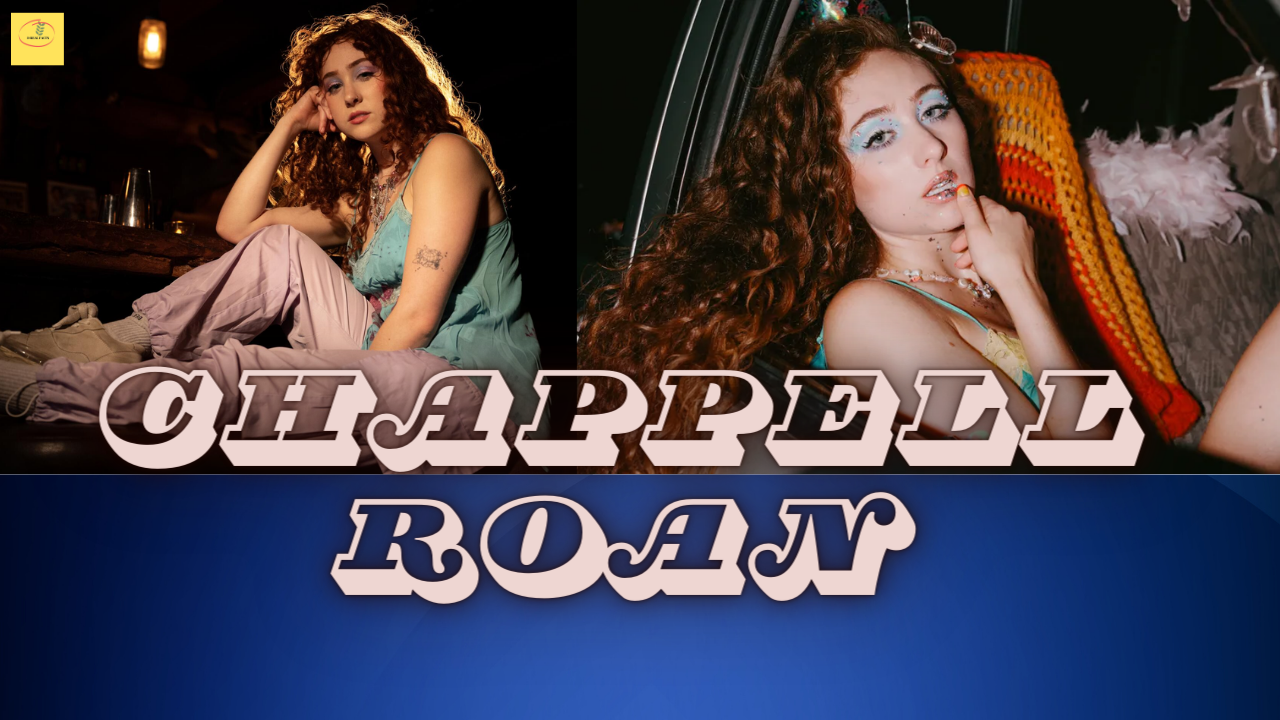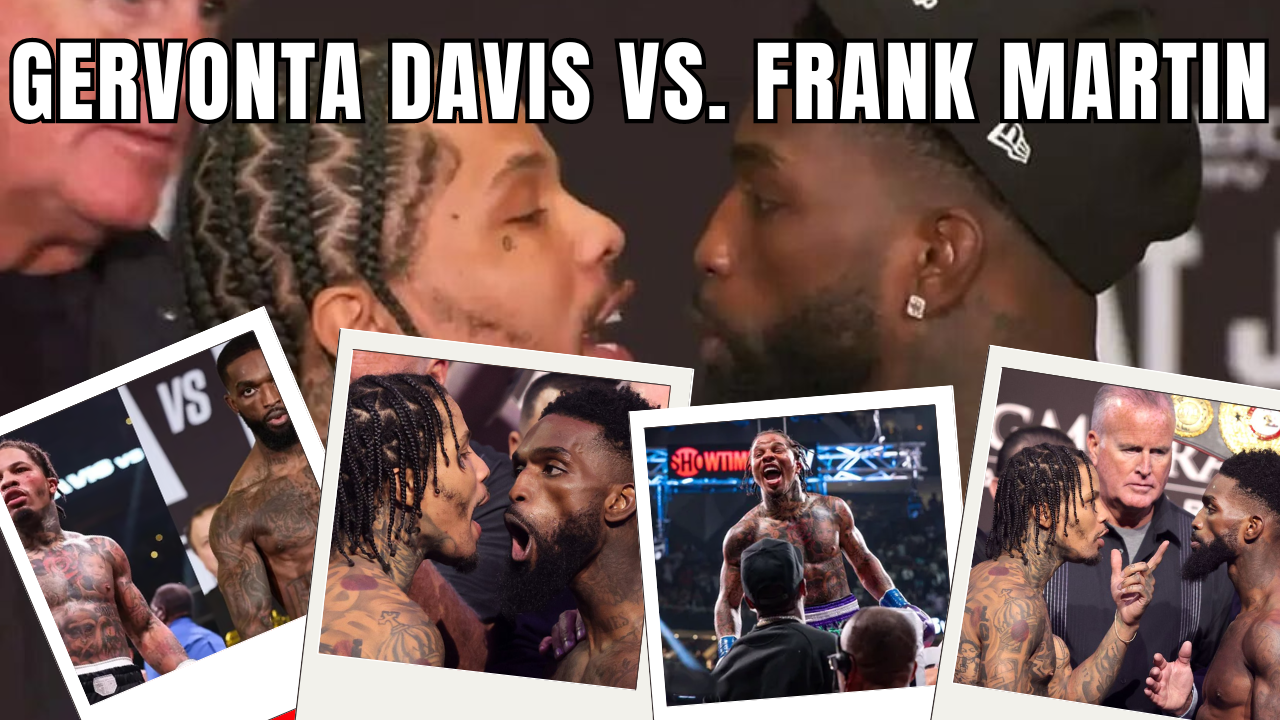
Table of Contents
Trump prosecutors’ strong evidence supports Cohen’s testimony, say experts.
Attorneys for Donald Trump have depicted his estranged former fixer Cohen as a Trump-hater and liar who worked alone to pay off a porn star during his criminal trial in New York.
However, legal experts have noted that prosecutors have primarily supported Cohen’s testimony with other people’s testimonies, phone logs, and other tangible evidence.
This week, Cohen—Trump’s former attorney—testimonially testified for the prosecution, saying that Trump gave him instructions to give adult film actress Stormy Daniels $130,000 in exchange for her silence before to the 2016 election about an alleged 2006 sexual encounter.
In his testimony, he said that Trump thereafter gave his approval to a plot to falsify documents in order to hide the agreement.
Defense attorney Todd Blanche attempted to discredit Cohen during cross-examination by painting him as a disloyal person who was accusing his former employer of wrongdoing out of retaliation.
The foundation for the defense’s claim that Donald was not informed about the specifics of Cohen’s payments was set by the defense. Professor Rebecca Roiphe of New York Law School said that although prosecutors could not entirely substantiate Cohen’s accounts of his one-on-one discussions with Trump.
They successfully demonstrated that Donald was aware of the plan by depicting him as a micromanager of his family’s company and money.

As an established businessman in New York City, Trump made his political debut in a presidential run. The jury was informed that Trump authored books that included advice like “Ask to see all of the invoices” and “If you don’t know every aspect of what you’re doing, down to the paper clips, you’re setting yourself up for some unwelcome surprises.”
“There’s a lot of circumstantial evidence connecting Trump to the payments,” said Roiphe, a former prosecutor with the Manhattan District Attorney’s office. “Part of what the prosecution did well is to corroborate other pieces of Cohen’s testimony so completely,” she continued.
Twenty years Cohen’s senior, at seventy-seven, Trump has entered a not guilty plea to thirty-four felony charges of falsifying business records by presenting Cohen’s repayment of the Daniels hush money as a retainer for the attorney’s professional services.
Since the money was effectively an unregistered gift to Donald’s campaign, the prosecutors claim that the amended documents covered up election-law and tax-law breaches, converting the charges from misdemeanors to felonies punishable by up to four years in prison.
Being the first American president—past or present—to be charged with a crime, Trump maintains that he never had sex with Daniels and characterizes the Democratic Manhattan District Attorney Alvin Bragg’s case as a partisan effort to sabotage his Republican campaign to unseat President Joe Biden on November 5.
The 12-member jury must all concur that the prosecution has shown Trump’s guilt beyond a reasonable doubt in order for the verdict to be rendered. On Monday, after Cohen’s cross-examination, defense attorneys will have the opportunity to introduce their own witnesses.
They will probably contend that Donald, who was at the time ascending to the most powerful position in the world, left the details of business affairs to subordinates like Cohen and Allen Weisselberg, the longstanding chief financial officer of the Trump Organization.

Defense attorneys have also said that classifying payments to attorneys as legal fees was appropriate.
SCIENTISTS MENTION CONSIDERABLE EVIDENCE
However, analysts noted that there was a lot of circumstantial evidence offered by the prosecution, indicating that it was unlikely that Trump was unaware that he was hiding a crime:
-During a meeting with Trump and Cohen in August 2015, David Pecker, the former tabloid publisher of National Enquirer, said in court that he had pledged to serve as the campaign’s “eyes and ears” for women who came forward with negative tales.
The prosecution aired a covert recording that Cohen claims he took of Trump in September 2016, during which he is heard discussing paying $150,000 in hush money to Karen McDougal, a Playboy model who claims she had an affair with Trump for a year between 2006 and 2007.
He denies having an affair. Call records presented to the jury seem to indicate that Cohen and he spoke often throughout the heated discussions with Daniels’ attorney in October 2016. They noticed the handwritten notes from Weisselberg detailing Cohen’s reimbursement.

Trump was a micromanager, according to testimony provided by Hope Hicks, his former communications assistant in the White House and during the campaign.
George Grasso, a retired state judge from New York who has been watching the trial but is not engaged in the case, said, “We just have reams of evidence and documents that have been put in before Cohen even took the stand.” “He obviously attests to a lot of that, but confirmation has already been obtained.”
